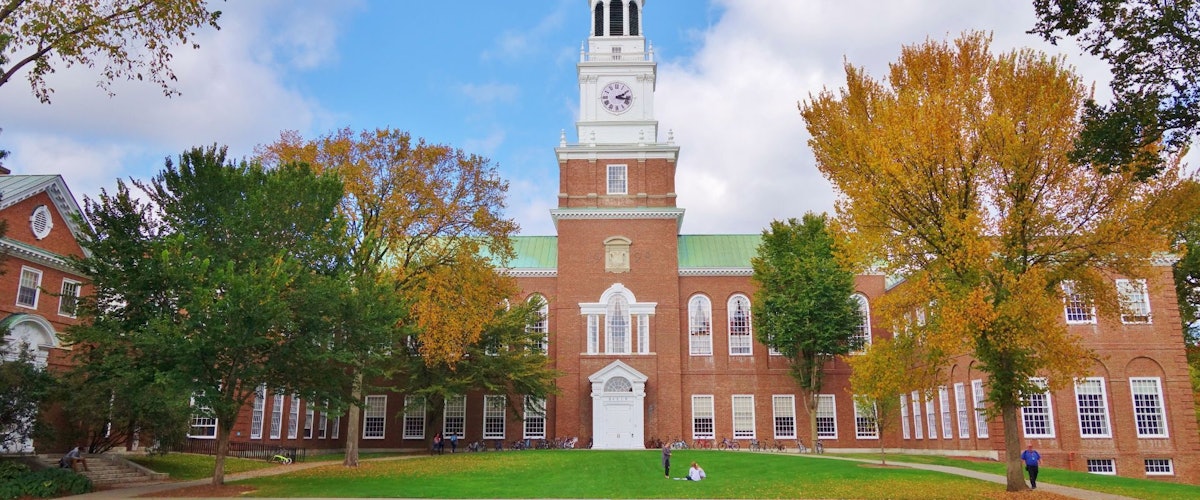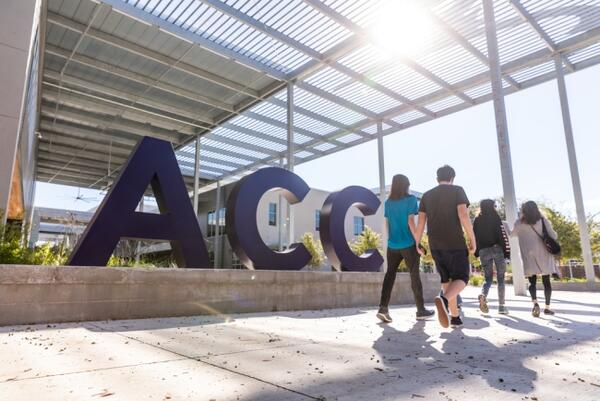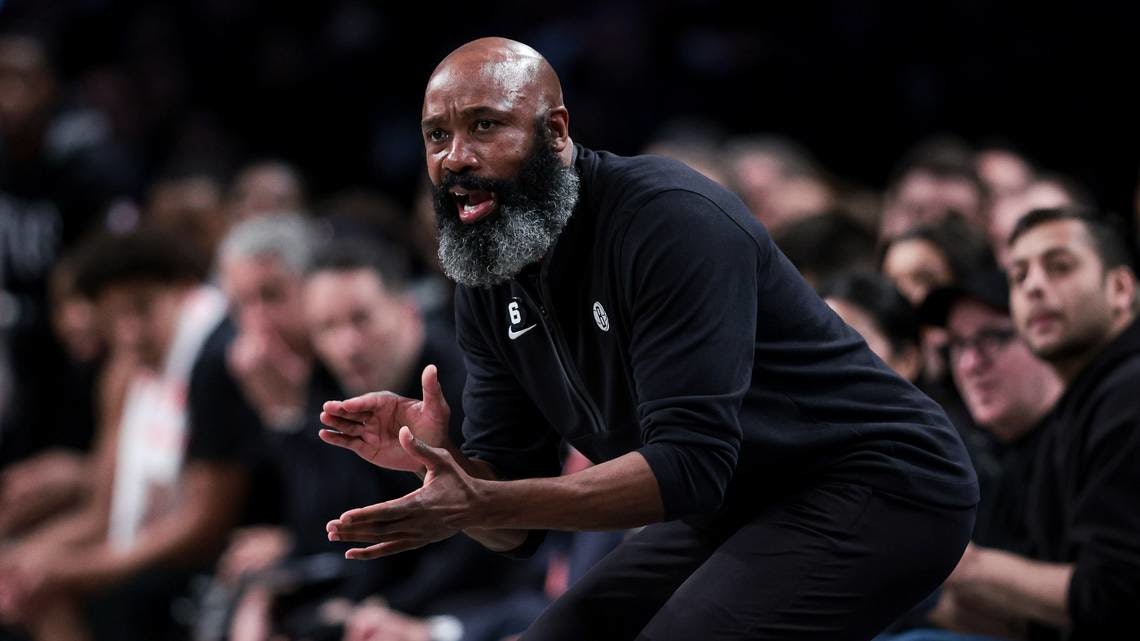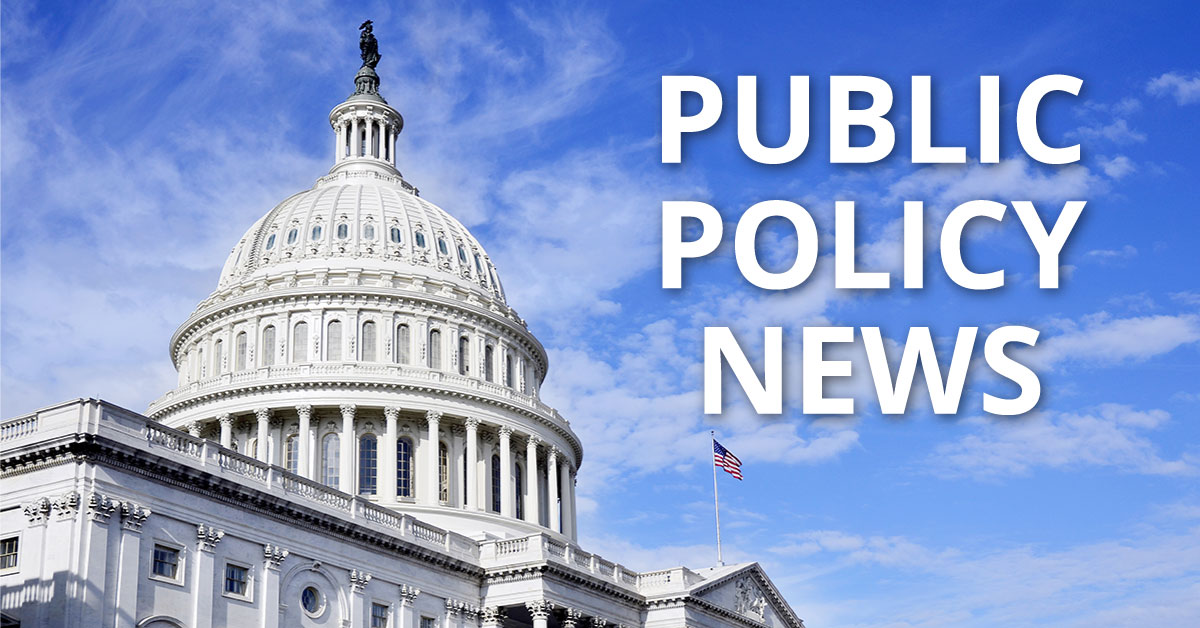The government wants to reinvent the NHS (in England) through three radical shifts – hospital to community, analogue to digital, and sickness to prevention.
Whether like the chief executive of the NHS you believe Labour’s 10-year health plan for England is about creating “energy and enthusiasm”, whether like the secretary of state you believe this is about building a NHS which is about “the future and a fairer Britain,” or whether across its 168 pages you find the government’s default to techno-optimism, AI will solve everything, one more dataset will fix public services, approach to governance to be somewhere between naive and unduly optimistic, it is clear that the NHS is expected to change and do so quickly.
This is a plan that is as much about the reorganisation of the economy as it is about health. It is about how health services can get people into work, it is a guide to economic growth through innovation in life sciences, it is a lament for the skills needed and the skills not yet thought about for the future of the NHS.
Elsewhere on the site, Jim Dickinson looks at the (lack of) implications for students as group with health needs – here we look at the implications for education, universities, and the wider knowledge economy.
Workforce modelling
One of the premises of the plan is that the 2023 Conservative long-term workforce plan was a mistake. The NHS clearly cannot go on as it currently is, and to facilitate this transformation a “very different kind of workforce strategy” is needed:
Until 2023, [the NHS] had never published a long-term workforce plan. The one it did publish did little more than extrapolate from past trends into the future: concluding there was no alternative than continuation of our current care model, supported by an inexorable growth in headcount, mostly working in acute settings.
A new workforce place is being put together, to appear “later this year” and taking a “decidedly different approach”:
Instead of asking ‘how many staff do we need to maintain our current care model over the next 10 years?’, it will ask ‘given our reform plan, what workforce do we need, what should they do, where should they be deployed and what skills should they have?’
The bottom line is that, therefore, “there will be fewer staff in the NHS in 2035 than projected by the 2023 workforce plan” – but these staff will have better conditions, better training, and “more exciting roles”.
So one immediate question for universities in England is what this reduced staffing target means for recruitment onto medical, nursing and allied health degrees. Places have been expanding, and under previous plans were set to expand at growing rates in the coming years, including a doubling of medical school places by 2035. There were questions about how optimistic some of the objectives were – the National Audit Office last year criticised NHS England for not having assessed the feasibility of expanding places, in light of issues like attrition rates and the need to invest in clinical placement infrastructure.
We won’t get a clear answer of what Labour is proposing until the new workforce plan emerges – especially as there is an accompanying aspiration in today’s plan to reduce the NHS’ dependence on international recruitment. But there are some clear directions of travel. Creating more apprenticeships gets a mention – though of course not at level 7 – but the key theme is a tight link between growing medical student numbers and widening participation:
Expansion of medical school places will be targeted at medical schools with a proven track record of widening participation… The admissions process to medical school will be improved with better information, signposting and support for applicants, and more systematic use of contextual admissions.
This is accompanied by endorsement of the Sutton Trust’s recent research into access disparities. And in one of those “holding universities to account” measures that everyone is so keen on, part of reinforcing this link will be done via work with the Department for Education to “publish data on the relevant background of university entrants, starting with medicine.” If you are thinking that we already did that – yes we did. The UK-wide HESA widening participation performance indicator was last published in 2022 – each regulator now has their own version (for example this from the Office for Students) which doesn’t quite do the same thing.
Education and students
Of course, creating more pathways into working in the NHS is one mechanism to grow its workforce. The other is to unblock current pathways that prevent people from getting into and getting on with their chosen careers in health.
For example, there is a (somewhat tepid) commitment on student support: the plan commits to “explore options” on improving the financial support on offer to medical students from the lowest socioeconomic backgrounds.
For nursing students, the offer is slimmer still – a focus on the “financial obstacles to learning”, including faster reimbursement of placement expenses, and tackling the time lag between completing a course and being able to start work. This latter measure will involve working with higher education institutions to revise the current approach to course completion confirmation, and is billed for September 2026. The Royal College of Nursing has suggested that these “modest” changes go nowhere near far enough.
Nursing and midwifery attrition also comes under scrutiny – the government spots that reducing the rate of non-continuation by a percentage point would result in the equivalent of 300 more nurses and midwives joining the NHS each year. But rather than looking deeper at why this is a growing issue, the buck is handed over to education providers to “urgently address attrition rates.”
Elsewhere the interventions into education provision are more substantial. There’s an already ongoing review of medical training for NHS staff, due to report imminently. On top of this, the plan sets out how the next three years will see an “overhaul” of education and training curricula, to “future-proof” the workforce. There’s lots of talk about faster changes to course content as and when needed, to reflect changes in how the NHS will operate. This comes with a warning:
Where existing providers are unable to move at the right pace, we may look to different institutions to ensure that the education market is responsive to employer needs.
Clinical placement tariffs for undergraduate and postgraduate medicine will be reformed – the plan suggests the tariff system currently “provides limited ability to target funding at training where it is most needed to modernise delivery,” and wants to do more in community settings and make better use of simulation. There will also be expansion of clinical educator capacity, though this will be “targeted” (which is often code for limited).
And course lengths could fall – the plan promises to “work with higher education institutions and the professional regulators as they review course length in light of technological developments and a transition to lifelong rather than static training.” While this does not explicitly suggest shorter medical and nursing programmes – and a consequent growth in provision aimed at professionals – the preference is pretty obvious.
On that last point every member of NHS staff will get their own “personalised career coaching and development plan” which will come alongside the development of “advanced practice models” for nurses (and all the other professional roles in the NHS: radiographers, pharmacists, and the like).
Data and (wider) employment
The plan stretches much wider than simply making commitments on training though and, as the plan makes clear, if the answer isn’t always going to be more money there has to be more efficiency.
There’s a fascinating set of commitments linking health and work – one of those things that feel clunky and obvious until you note that “getting the long-term sick back into work” has just been a soundbite with punitive vibes until now.
Of course, everything has a slightly cringeworthy name – so NHS Accelerators will support local NHS services to have an “impact on people’s work status”, something that may grow into specific and measurable outcomes linking to economic inactivity and unemployment and link in other local government partners. And health support in the traditional sense will link with wider holistic support (as set out in the Pathways to Work green paper) for people with disabilities.
There’s also a set of commitments on understanding and supporting the mental health needs of young people – although the focus is on schools and colleges, there is an expectation that universities will play a part in a forthcoming National Youth Strategy (due from the Department of Culture, Media, and Sport “this summer”) which will cover support for “mental health, wellbeing, and the ability to develop positive social connections.”
All these joined up services will need joined up data, so happy news, too, for those looking for wrap-around support in transitions between educational phases – there will be a single unique identifier for young people: the NHS number. And for fans of learner analytics, a similar approach (with a sprinkling of genomics) will “tell [the NHS] the likelihood of a person developing a condition before it occurs, support early detection of disease, and enable personalised prevention and treatment”.
For some time, universities and other trusted partners have benefited from access to deidentified NHS healthcare administrative data via ADRUK – which has been used for everything from developing new medicine to understanding health policy. This will be joined by a new commercially-focused Health Data Research Service (HDRS) backed by the Wellcome Trust. This is not a new announcement, but the slant here is that it will support the private sector – and as such there will be efforts to “make sure the NHS receives a fair deal for providing access”, which could include a mix of access charges and equity stakes in new developments.
Research, research, research
In effect, the government’s proposals set out how improving the conditions, configurations, and coordination of the NHS workforce, and the information provided to them and their partners, can improve healthcare. The next challenge then is targeting the right kinds of information in the right places, and this depends on the quality of research the NHS can access, make use of, and produce.
The health of the nation does not begin and end at the hospital door. As The King’s Fund points out, “we can’t duck the reality that we are an international outlier with stagnating life expectancy and with millions living many years of life in poor health.” The point of this plan is not only about making health services better but about narrowing health inequalities and using life sciences research to grow the economy.
The plan talks about making up for a “lost decade” of life sciences research. In doing so, it cites an IPPR report (the author is now DHSC’s lead strategy advisor) which demonstrates that the global research spend on life sciences in the UK has reduced and that this has had an impact on life sciences GVA. Following this line of thought suggests that if the UK had maintained levels of investment the economy would have got bigger, people’s lives would have been better and because of the link between poverty and ill health, the NHS would be under less pressure.
The issue with this citation is that the figures used are from 2011–16 and some of the remedies, like association to Horizon Europe, are things the UK has done. Though the plan makes clear that “the era of the NHS’ answer always being ‘more money, never reform’ is over,” it is in fact the case that the government has ploughed record levels of public money into R&D without fundamental reform to the research ecosystem. The premise that economic growth can be spurred by research and leads to better health outcomes is correct – but it isn’t necessary to reference research carried out in 2019 to make the case.
This isn’t merely an annoyance – it speaks to a wider challenge within the plan which oscillates widely between the optimism that “all hospitals will be fully AI-enabled” within the next ten years (80 per cent of hospitals were still using pagers in 2023 despite their ban in 2019), and the obviously sensible commitment to establish Health Innovation Zones which will bring health partners within a devolved framework to experiment in service innovation.
The fundamental challenge facing innovation within health is the diffusion of priorities. There are both a lot of things the NHS and life science researchers might focus their time on, and a lot of layers of bureaucracies that inhibit research. The plan attempts to organise research priorities around five “big bets” (read missions but not quite missions). These include the use of health data, the use of AI (again), personalised health, wearables, and the use of robots. One of the mechanisms for aligning resources will be:
a new bidding process for new Global Institutes. Supported by NIHR funding, these institutes will be expected to marshal the assets of a place – industry, universities, the NHS – to drive genuine global leadership on research and translation.
It’s very industrial strategy – the government is setting out big ideas with some incentives, and hoping the public and private sector follows.
There are some more structural changes to research aside from the political rhetoric. Significantly, there is a proposal to change the funding approaches of the Medical Research Council and National Institute for Health and Care Research to pivot funding toward “prevention, detection and treatment of longterm conditions”. The hope is this approach will drive private investment. Again, like the industrial strategy, the rationale is that the state can be an enabling force for growing the economy.
Ten years’ time
The ten year plan, if it is to mean anything, has to be focused on delivering a different kind of health service. The fundamental shift is about moving toward personalised community orientated care. The concern is that the plan is light on delivery, which would tally with reports that a ninth chapter on delivery is missing all together.
The NHS is stuck in a forever cycle of reform, failing to reform, entering crises, and then being bailed out from crises. The mechanisms to break the cycle includes changes to the workforce, new skills provision, using data differently, and reorientating life sciences research toward prevention and economic growth.
The higher education sector, research institutes, and companies working in research are not only central to the new vision of a NHS but with the amount of investment placed on their capacity to bring change they are no less than the midwives of it. The government’s biggest bet is that it can grow the economy, improve people’s lives, and in doing so reduce pressure on public services. Its biggest risk is that it believes it can do this without fundamental reform to higher education or research as well.









